LCA analysis shows: plastic downcycling and incineration have nearly the same impact on the climate.
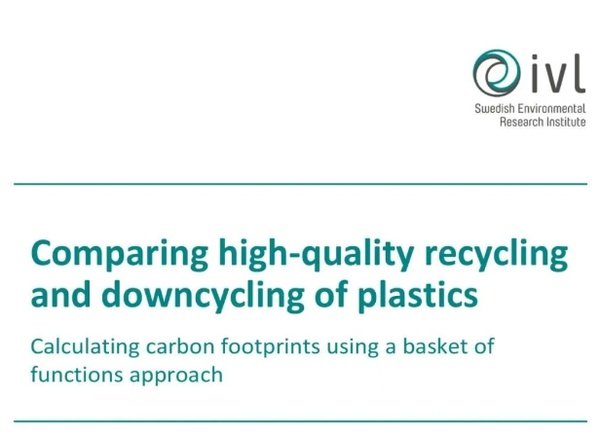
The IVL Swedish Environmental Research Institute, Svensk Plaståtervinning (Swedish Plastic Recycling), and LCA researcher Tomas Ekvall recently released a Life Cycle Assessment (LCA) report, which indicates that "downcycling" - such as recycling waste without sorting - has "almost as much" climate impact as incinerating these plastic wastes.
Three approaches for managing plastic packaging waste were compared: one involves directly incinerating the waste for energy recovery without sorting or remanufacturing; another is downcycling, where mixed plastic waste is not sorted or remanufactured and is instead used to produce railway sleepers; and the last approach is advanced sorting with high-quality recycling, where plastics are sorted and individually remanufactured after classification. The real data from the Institute's zero waste facility (Site Zero) in Sweden was utilized.
The results show that, compared to incinerating unsorted waste, downgraded recycling can only reduce climate impact by an additional 4%, while advanced sorting and high-quality recycling can reduce climate impact by 27%.
"The research results show that high-quality recycling through advanced sorting is more beneficial to the environment than downgraded recycling," said Rickard Jansson, a R&D engineer for plastic recycling in Sweden and a member of the project's expert panel.
【Copyright and Disclaimer】The above information is collected and organized by PlastMatch. The copyright belongs to the original author. This article is reprinted for the purpose of providing more information, and it does not imply that PlastMatch endorses the views expressed in the article or guarantees its accuracy. If there are any errors in the source attribution or if your legitimate rights have been infringed, please contact us, and we will promptly correct or remove the content. If other media, websites, or individuals use the aforementioned content, they must clearly indicate the original source and origin of the work and assume legal responsibility on their own.
Most Popular
-
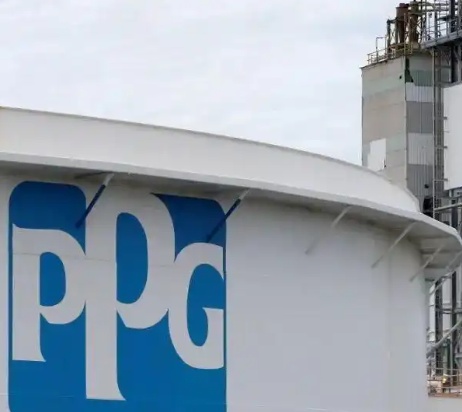
Overseas Highlights: PPG Establishes New Aerospace Coatings Plant in the US, Yizumi Turkey Company Officially Opens! Pepsi Adjusts Plastic Packaging Goals
-
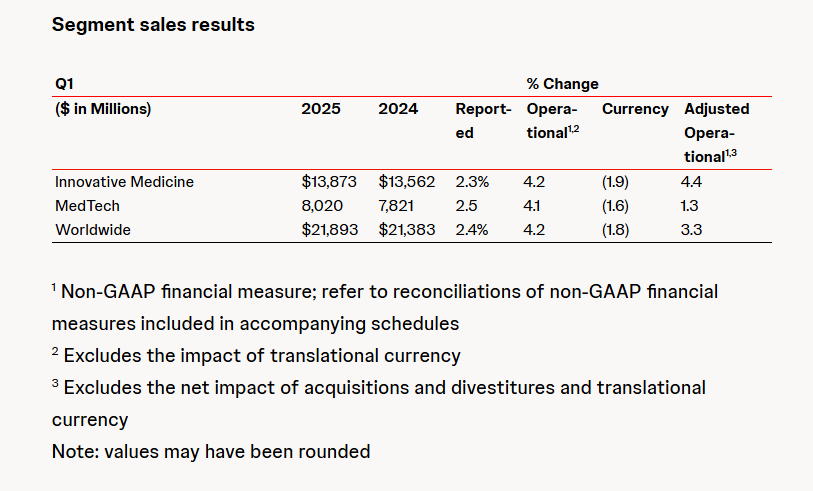
Abbott and Johnson & Johnson: Global Medical Device Giants' Robust Performance and Strategies Amid Tariff Pressures
-

BYD releases 2024 ESG report: Paid taxes of 51 billion yuan, higher than its net profit for the year.
-
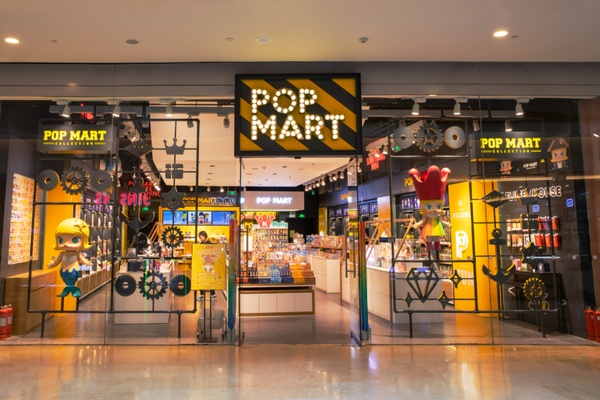
Behind pop mart's surging performance: The Plastics Industry Embraces a Revolution of High-End and Green Transformation
-
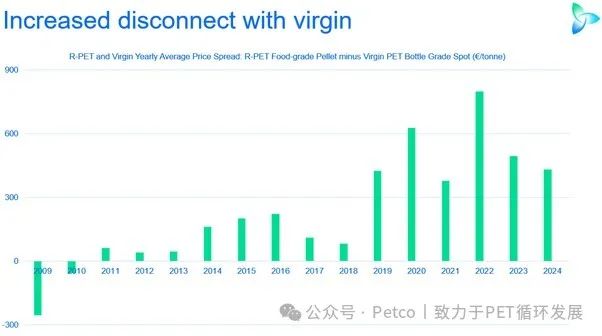
The price difference between recycled and virgin PET has led brands to be cautious in their procurement, even settling for the minimum requirements.



